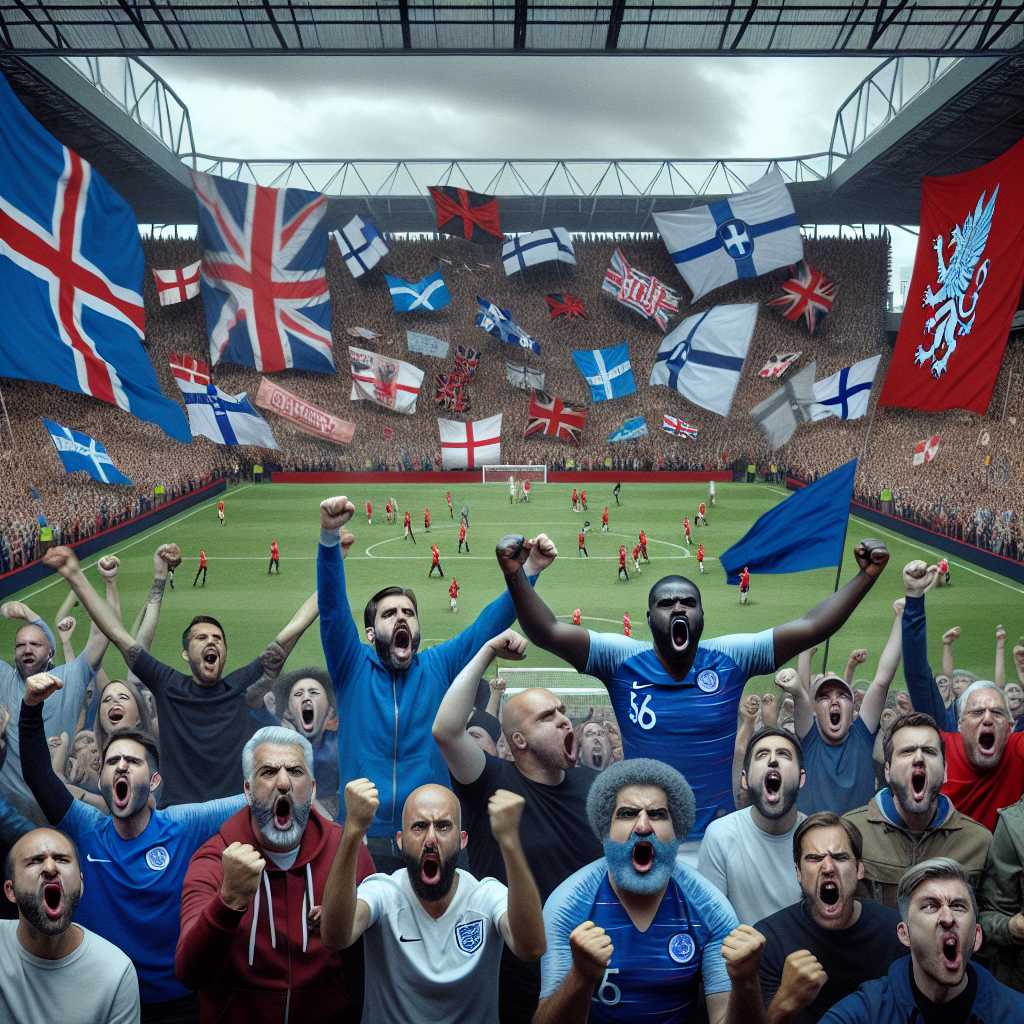The Storied Rivalry of Chelsea vs Liverpool: A Tale of Modern Football Giants
The rivalry between Chelsea Football Club and Liverpool Football Club has become one of the most exhilarating and intense matchups in English football. Situated in London and Liverpool respectively, these clubs have consistently vied for domestic and European honors, cultivating a fierce competitive spirit that ignites with each encounter. Although differing in their histories, with Liverpool’s golden era stretching primarily from the 1970s to the 1990s and Chelsea’s rise to prominence occurring mainly in the 21st century, the rivalry is less about geography and more about clashes for silverware, moments of high drama, and clashes on and off the field.
Historical Context and Rising Tensions
Since Chelsea’s establishment in 1905 and Liverpool’s in 1892, both clubs have nurtured distinct identities. However, the inception of Chelsea’s modern rivalry with Liverpool can largely be traced to the beginning of the century when Roman Abramovich bought Chelsea in 2003, and the club’s subsequent rise as a football powerhouse. With significant investment in marquee players and managers, Chelsea quickly positioned themselves as a force in English football, challenging established teams like Manchester United, Arsenal, and Liverpool itself.
The period following Abramovich’s takeover saw many encounters imbued with noticeable tension. Semifinals and finals in the FA Cup, Premier League matches with title implications, and dramatic Champions League knockout games heightened the rivalry, along with key controversial moments, such as Luis Garcia’s ‘ghost goal’ for Liverpool in the 2005 Champions League semifinal.
Classic Matches and Epic Duels
Throughout their numerous encounters across various competitions, Chelsea and Liverpool have contributed some of the most memorable matches in modern football. Thrillers such as the aforementioned Champions League semifinal matchups in 2005 and 2007 which Liverpool won narrowly to progress to the finals encapsulated the growing rivalry.
Another layer to their competition began with Liverpool’s appointment of Jurgen Klopp in 2015 as he sought to reanimate Liverpool into a title-contending team. His opposing number for many encounters was Chelsea’s cunning tactician José Mourinho and later Antonio Conte – known for their rivalries not only on a team level but also on an individual basis. Matches such as the dramatic 2-2 draw at Anfield where John Terry’s early goal was countered by an own-goal from Pepe Reina signify close-fought contests that have defined this vibrant rivalry.
The Fan Experience and Cultural Significance
For fans of both Chelsea and Liverpool, match days often come with an atmosphere thick with anticipation. The collective mood before these fixtures is tense; victory over such a fierce rival brings bragging rights while defeat can lead to extended periods of gloom. The supporters play their part through impassioned chants, creating electrifying atmospheres at Stamford Bridge and Anfield alike.
Moreover, this rivalry also showcases the evolution of English football over recent decades. Both clubs illustrate shifts due to globalization and the influx of foreign investment – themes that extend well beyond the pitch into cultural discourses regarding the identity and future direction of English football. The diversification within fanbases adds layers to each club’s cultural significance as well – elevating it from a local event to an international spectacle followed across the globe.
Recent Developments & Future Clashes
While Chelsea continued to assert themselves domestically, critical transitions off the pitch introduced new variables to this high-stakes equation. Liverpool’s ascendancy under Klopp culminating in their Premier League win in 2019-2020 renewed talks about balance changes in English football.
Meanwhile, occurrences such as Chelsea’s managerial changes and potential sale of the club have sparked discussions regarding stability and strategic visions. Both clubs regularly feature amongst the top English squads striving for league titles and European validations. This means every time they meet on the pitch, it is more than just three points or a step closer to a cup; it embodies different philosophies grappling for supremacy through high-tempo football.
Notes
Image description: Fans of Chelsea and Liverpool fervently cheering in opposing stands at Stamford Bridge amidst towing flags and club banners decorating each end, capturing the passion and rivalry during one of their iconic clashes.
